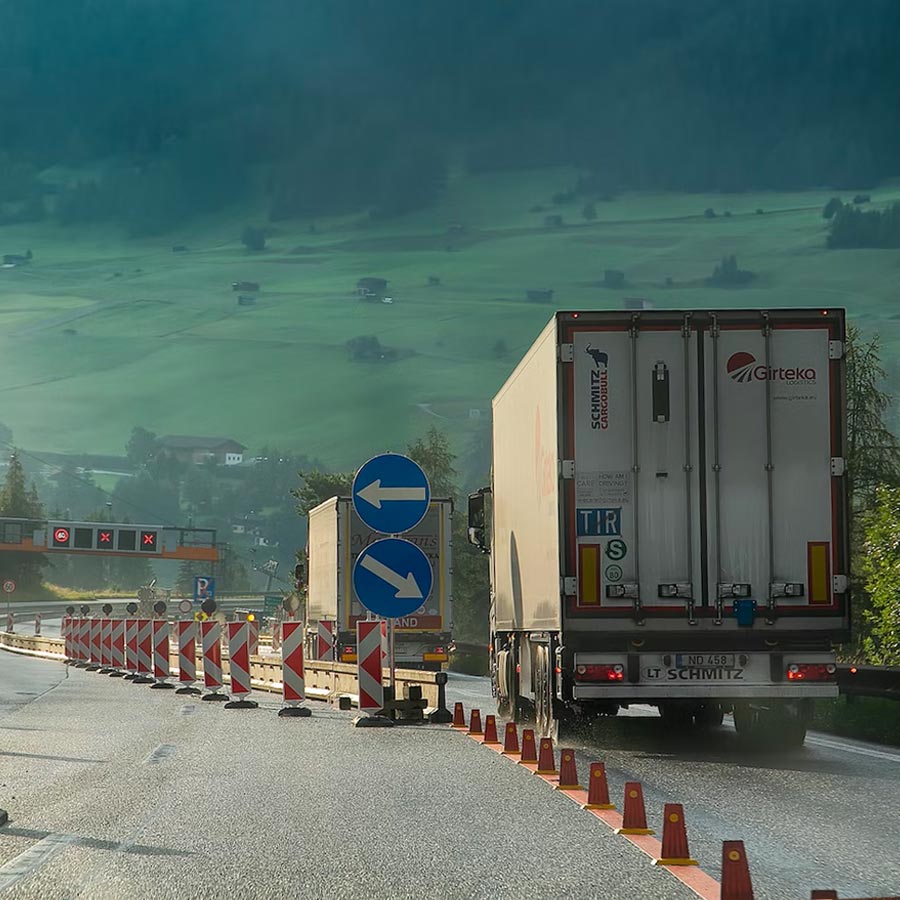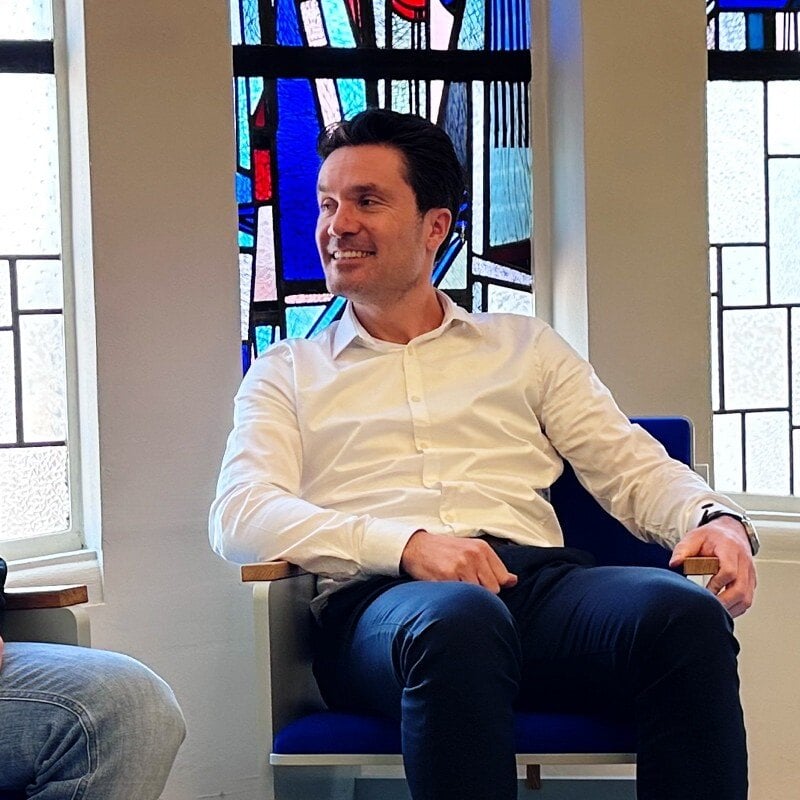Blog
From rigid to agile: How transport companies are rethinking their TMS


Sander de Vocht
Published on September 24, 2025
According to recent research by Manhattan Associates, more than four out of five companies in the Netherlands and Belgium expect their current Transport Management System (TMS) to fall short within the next five years. Senior decision-makers surveyed indicated that their systems are not sufficiently equipped to cope with the growing pressure on speed, capacity, and cost control.
These concerns reflect a broader trend in the industry: an increasing number of transport companies are questioning whether their TMS still delivers on its promise. What was once intended as an indispensable foundation for planning and execution is now often perceived as rigid, complex, and difficult to adapt to day-to-day realities.
The gap between theory and practice
The research highlights challenges that many companies will recognize:
-
Adjusting processes or planning rules requires excessive time and money.
-
Innovations are difficult to implement within existing systems.
-
Users often see their TMS as a barrier rather than a support tool.
This creates a widening gap between what companies need to remain agile and what their TMS is actually able to deliver.
Alternative approaches
As a result, more organizations are exploring complementary or alternative solutions. Where a traditional TMS often functions as a fixed structure, new platforms place flexibility and speed at the core. One such example is the More Optimal platform, which approaches transport planning as a dynamic process rather than a rigid workflow.
What makes this different?
The principle is straightforward: companies should not have to bend their processes to the limitations of a system; instead, the system should adapt to the realities of daily operations. In practice, this means planning rules can be modified in minutes rather than months, route and load optimization is faster and smarter, and the platform runs seamlessly alongside an existing TMS.
Looking ahead
The research underscores the uncertainty many companies feel about their TMS. The key question is not only whether these systems meet today’s demands, but also whether they are fit for the future.
Solutions that prioritize flexibility and scalability can help remove this uncertainty. For transport companies seeking to modernize their planning, without locking themselves into another rigid system for years to come, this represents a genuine alternative.
https://moreoptimal.com/transport-optimization
Link to the research

